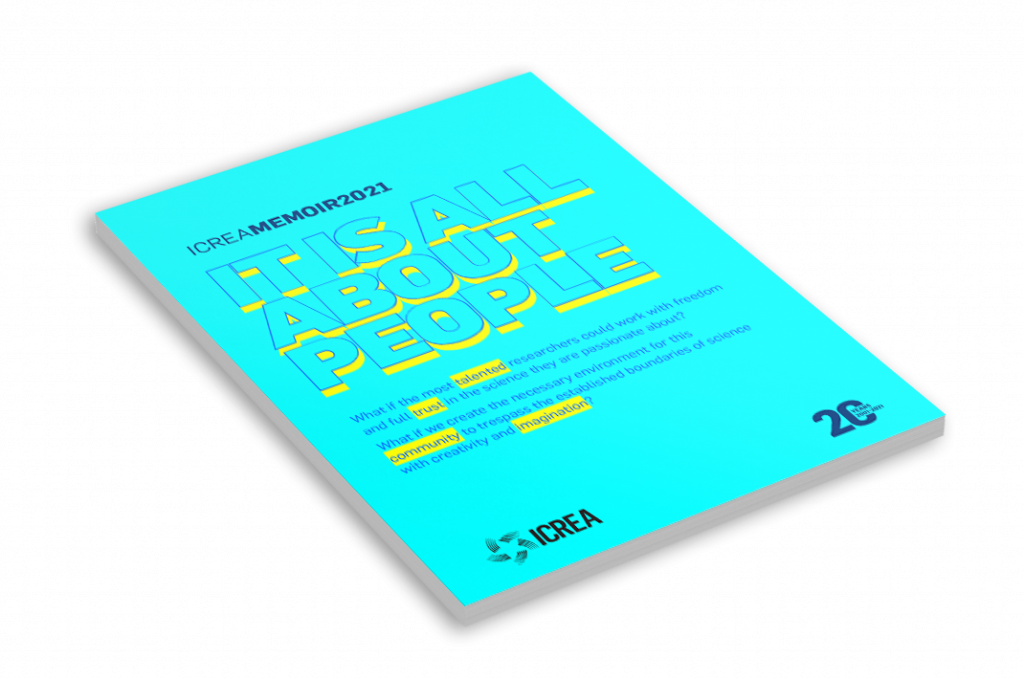Epistemic justification is justification to take the world to be a certain way. If one knows the world to be a certain way, one has justification for taking it to be that way. But, arguably, one may have such justification without knowing, and be justified in taking the world to be a certain way, although the world is not in fact that way: unlike knowledge, epistemic justification is non-factive. While one is not always in a position to know that one has knowledge if one does, one is arguably always in a position to know that one has epistemic justification if one does: epistemic justification is luminous. Traditionally, these features have been assumed to require that justification be a condition internal to the subject’s mind that is knowable by reflection alone. Justification as Ignorance offers an original account of epistemic justification as both non-factive and luminous, thereby vindicating core internalist intuitions, without yet construing justification as an internal condition. Rosenkranz conceives of justification, in its doxastic and propositional varieties, as a kind of epistemic possibility of knowing and of being in a position to know. His account contrasts with recently proposed alternatives that characterize justification in terms of the metaphysical possibility of knowing. Based on a suitable epistemic logic for knowledge, and for being in a position to know, Rosenkranz defends his conception of justification against well-known anti-luminosity arguments, shows that the account allows for fruitful applications and novel principled solutions to the lottery and preface paradoxes, and provides a metaphysics of justification and its varying degrees of strength.
Sven Rosenkranz
Universitat de Barcelona
-
Reference
Rosenkranz, S., Justification as Ignorance. An Essay in Epistemology, Oxford 2021: Oxford University Press.

